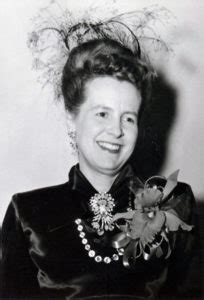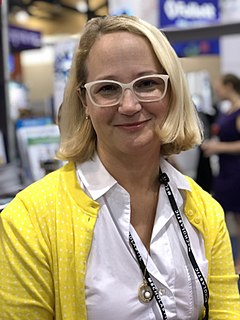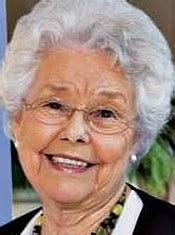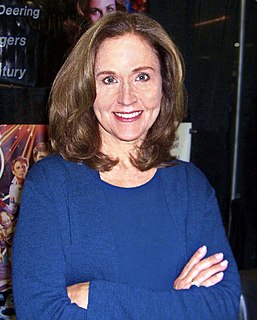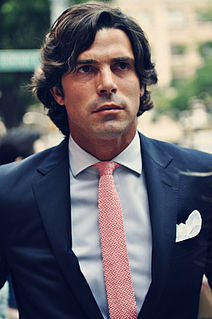A Quote by James Van Praagh
I want to teach parents how they can help their kids with death, grief, and losing things, the journey of life.
Related Quotes
Grief is a solitary journey. No one but you knows how great the hurt is. No one but you can know the gaping hole left in your life when someone you know has died. And no one but you can mourn the silence that was once filled with laughter and song. It is the nature of love and of death to touch every person in a totally unique way. Comfort comes from knowing that people have made the same journey. And solace comes from understanding how others have learned to sing again.
'Hard Hit,' a YA collection of poems, explores the country of grief and survival. Mark, a 16-year-old boy and skilled pitcher, must confront the coming death of his beloved father with the help of his friends, family, baseball, and an idiosyncratic belief in God. I used my own experience of my parents' deaths to inform this journey.
I've been making a list of the things they don't teach you at school. They don't teach you how to love somebody. They don't teach you how to be famous. They don't teach you how to be rich or how to be poor. They don't teach you how to walk away from someone you don't love any longer. They don't teach you how to know what's going on in someone else's mind. They don't teach you what to say to someone who's dying. They don't teach you anything worth knowing.
I did one year of school and I was doing correspondence school, which was actually another happy accident. Correspondence school is basically home school, but you teach yourself instead of your parents teaching you. I found that to be one of the most important things in my life is that I learned how to teach myself things. I feel like that's something that schools should actually teach.
I was raised Jewish by atheistic-agnostic parents. During this journey, I had people from all walks and all faiths try to help. A Jewish priest who I was friends with wanted to lay hands on me - I didn't ask questions about how - I just said when and where and how often do you want to do it? I didn't argue.
One out of four kids in Lesotho has AIDS, and the idea of the charity is to help the children first fight the stigma of living with HIV and then teach them how to live with it and survive and get an education so all these children can have a normal life. When you're changing the life of so many kids - one out of four is a big number - you change the direction of an entire nation.
There’s a belief now that the problem with our schools is parents, that if we just had better parents we would have better performing kids and, therefore, we wouldn’t have a problem at all. But what’s missing in that equation is that you do have a lot of parents in this country who are very involved in their children’s education and who do want something better. They want to see better for their kids. They know that they’re in schools that aren’t performing particularly well and if you look at how we treat those parents, it is quite poorly.



